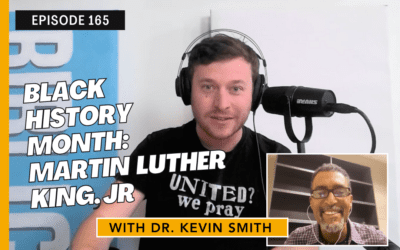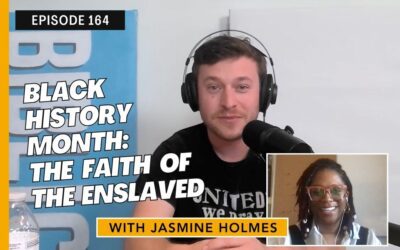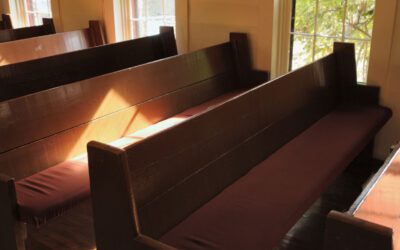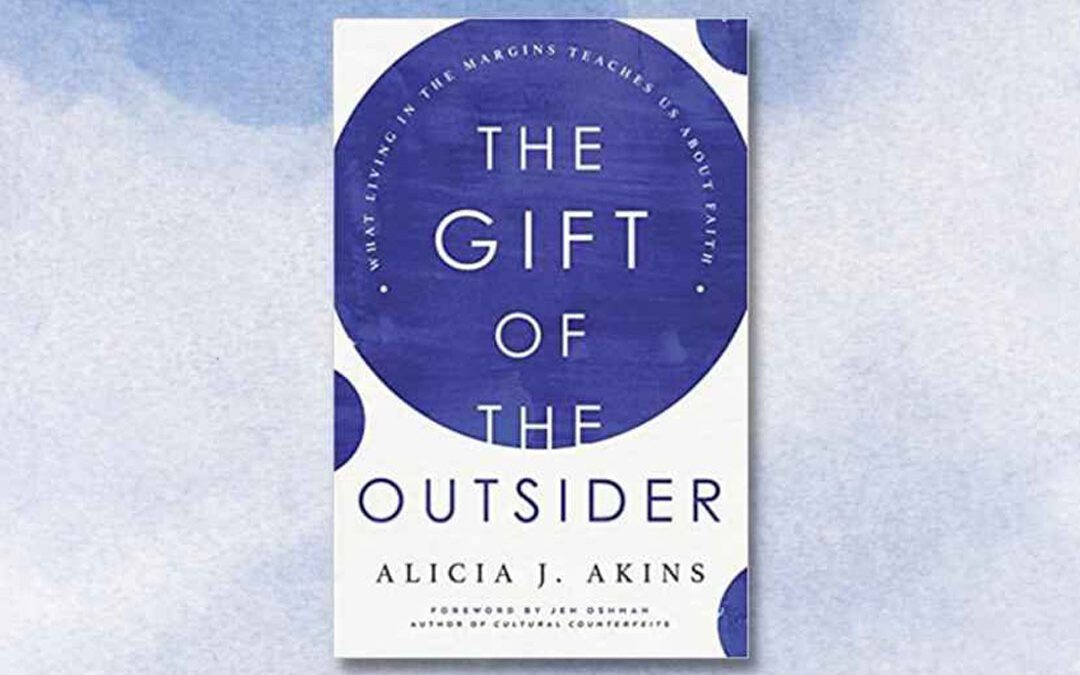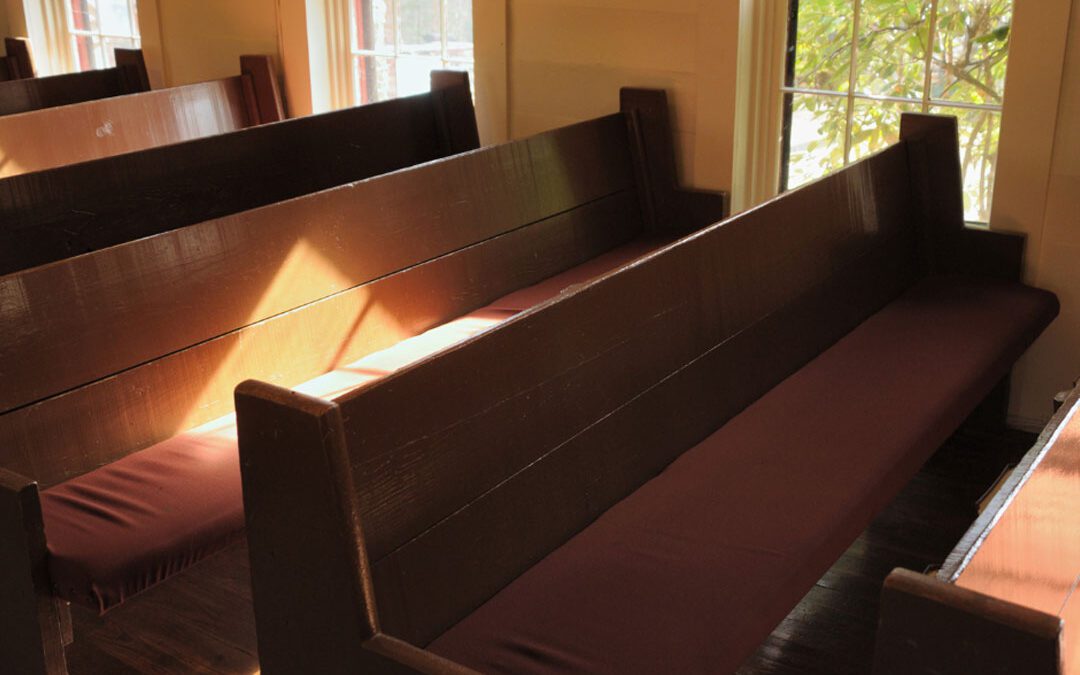The doctrine of the imago Dei—the image of God—is foundational to the Christian faith. We believe all people—man, woman, the unborn—have inherent value, worth, and dignity because they’re created by God (Genesis 1:27). Humanity is sacred because of the imago Dei. We have more value and worth than the cockroach because it wasn’t created after God’s likeness—we were (Genesis 1:26).
The imago Dei is one of many doctrines of our faith that is under attack. And one of the more prevalent ways it is under attack is through racism. Racism is the torch that many people use to light the imago Dei on fire.
“To the extent that racism is rooted in the twisted belief that one segment of the population is superior to another,” Don Morgan wrote, “it’s not hard to see how race-based discrimination is a direct assault on the sanctity and dignity of human life.”
Whether you want to use the word race or ethnicity, Morgan is correct. Race- or ethnicity-based discrimination is a direct assault on the sanctity of human life.
What is racism, anyway? The Oxford Dictionary defines racism as “prejudice, discrimination, or antagonism directed against someone of a different race based on the belief that one’s own race is superior.” To be racist is to be prejudiced against another person simply because of different skin color. To be racist, in the end, is to blatantly ignore the imago Dei.
With that said, what are some ways in which racism is an attack on the image of God? And, more importantly, how should Christians respond?
Less than Human
We saw it back during the time of slavery, and, to an extent, we see it today. Those who are racist treat others as less than human. They treat them as though they weren’t created by God. This attack on the image of God is prevalent throughout our society in many ways:
-
Believing Black—or brown, or white, or any color—people are less than human because of their skin color;
-
Believing unborn children are less than human without moral protection from murder; and
-
Believing immigrants (legal or not isn’t the point) are less than human because they don’t look or talk like us.
Because of the image of God, nobody is less human than the next person. No matter the skin color, no matter the development, no matter the language or appearance. All people—regardless of who they are, what they’ve done, or what they look like—are human just like everybody else.
So, how should Christians respond to these attacks on God’s image? Look no further than Acts 17:26, where Paul states, “[God] made from one man every nation of mankind to live on all the face of the earth . . . .”
All people come from Adam. No man is better than the next just because of the color of his skin. Tracing our lineage back to Adam gives the racist a proverbial punch in the face because, in a very real sense, we all have the same ancestors. Though we may look different, speak different, and act different, in the end we are no different. We are humans made in the image of God, and that is more than enough.
Disbelief that God’s Creation is Good
When one is racist, he or she ignores—or simply doesn’t believe—Genesis 1:31. After making man in his own image, Moses said, “And God saw everything that he had made, and behold, it was very good. And there was evening and there was morning, the sixth day.”
With Genesis 1:31 in mind, it’s difficult to discriminate against another person simply because their skin color isn’t the same as yours. It’s contradictory to the goodness of his creation. It’s antithetical to the Bible itself. Racism is not compatible with biblical Christianity. One cannot be a Christian who refuses to repent of the sin of racism.
What should Christians do about this? In every conversation we have, every discussion we’re involved in, we should point back to the Bible. God called humans “good.” And God doesn’t — indeed, he cannot — lie. So it must be true! Yes, sin has tainted everything. But we still have the image of God in us—being made “after his likeness” (Genesis 1:26b; 9:6).
Friends, I don’t want to be a Debbie-Downer, but I also don’t want to play it down. Racism is not going away. The day racism dies is the day sin dies, and that won’t happen until Jesus returns. In the meantime, let’s keep our eyes fixed on Jesus and his work in the gospel. Let the gospel direct us through this madness.
Prayer Requests
- Pray that we would continually call out the sin of racism, yet that we would do so in a way that is slow to speak and slow to get angry.
- Pray that we would honor God in all our conversations about race and ethnicity.
- Pray that the Lord would come quickly to eradicate sin.



